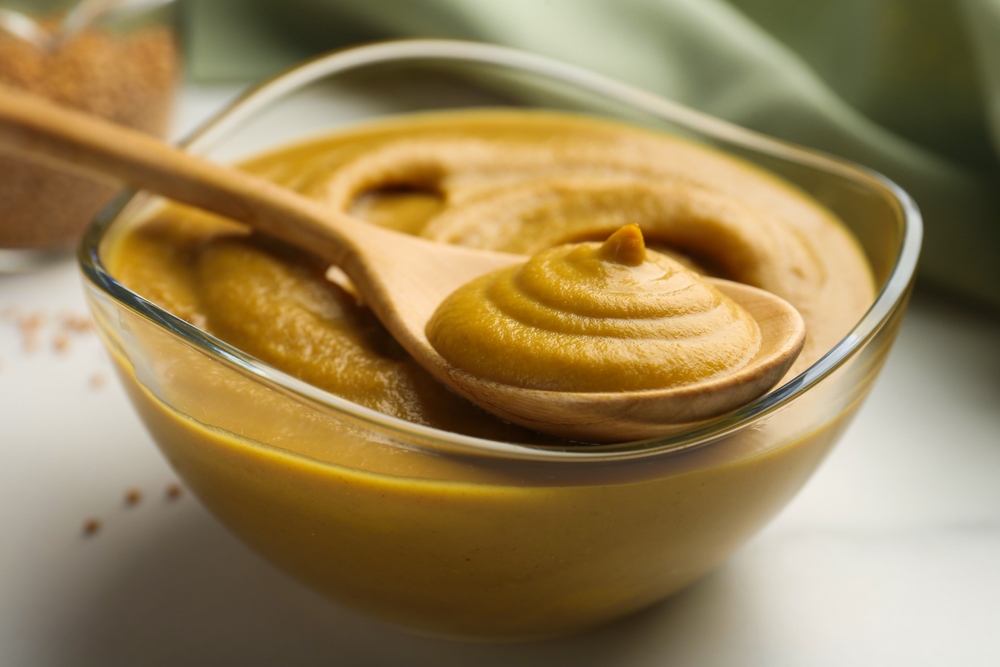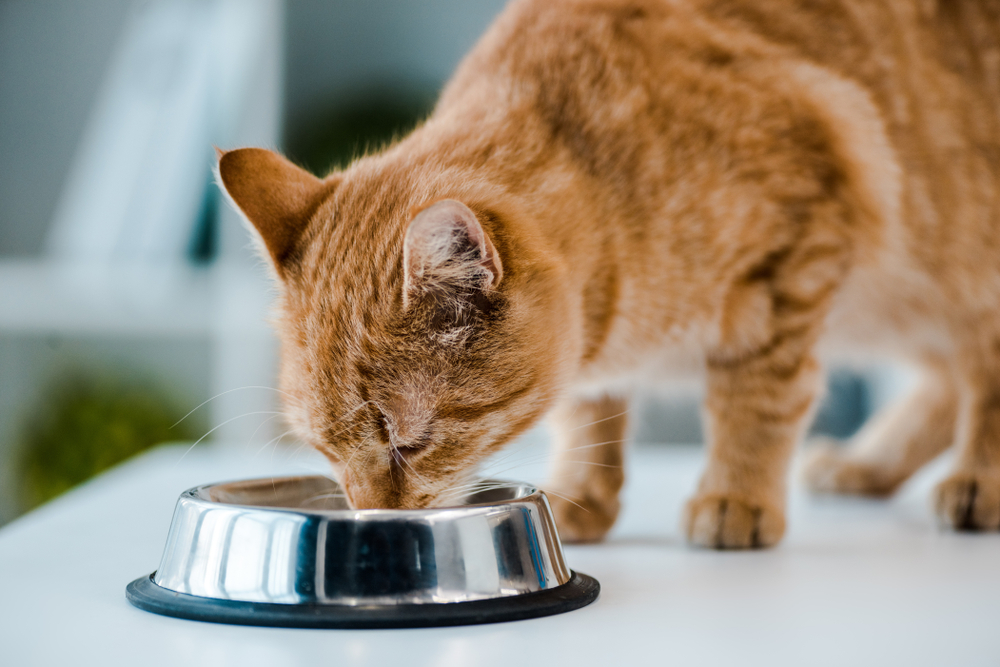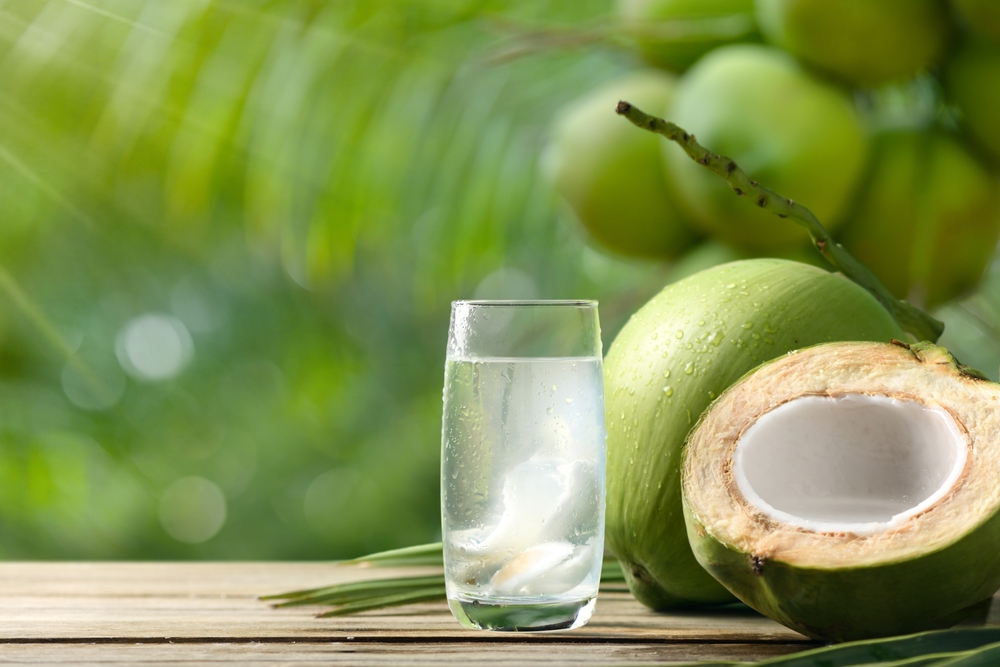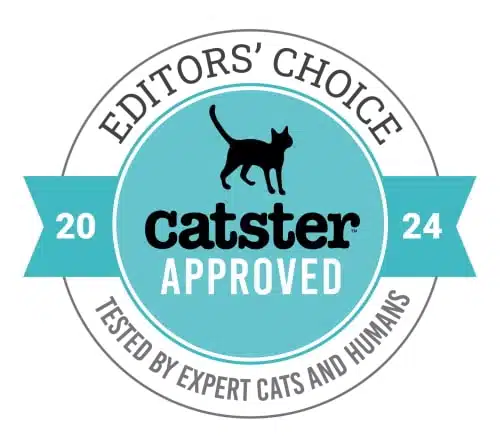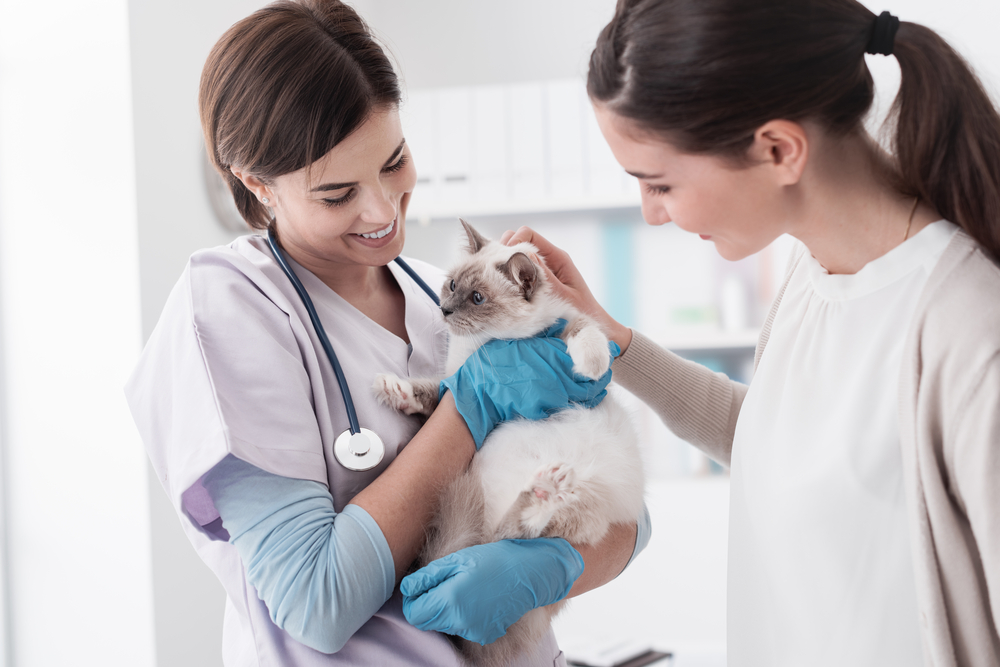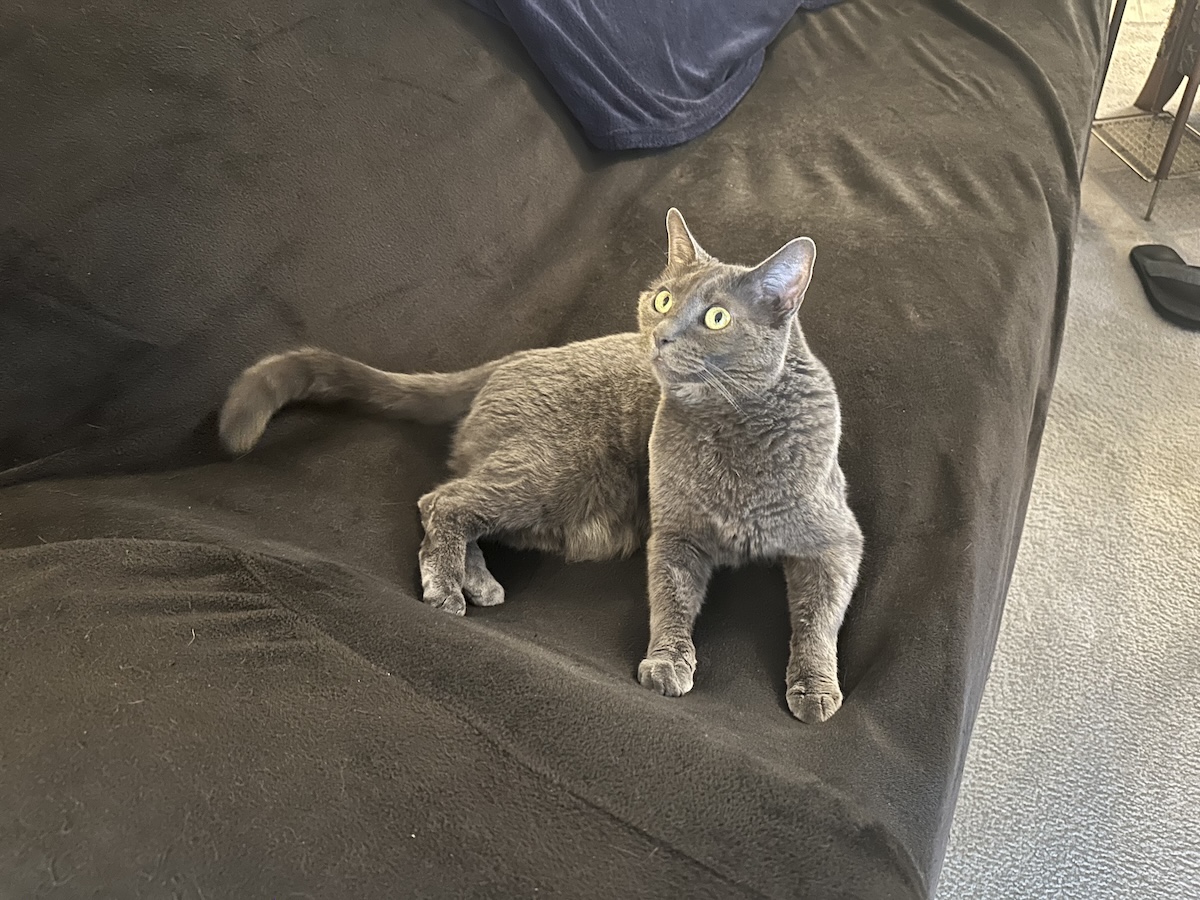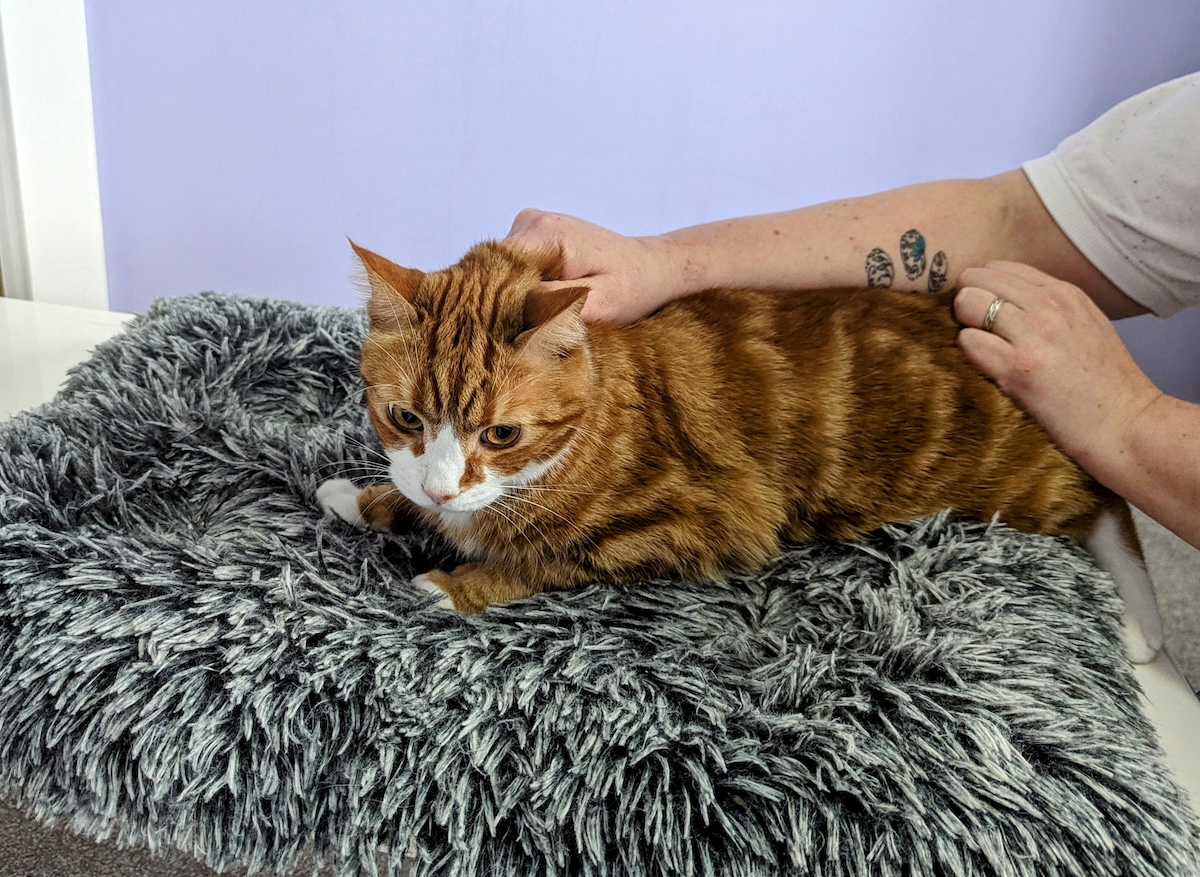While we pet parents may want to let our cats eat everything that we do, it’s just not feasible or even safe for our feline friends. So, when it comes to whether we should allow cats to eat horseradish, the answer is ideally not.
Horseradish comes from the Brassicaceae family, which includes cabbage and broccoli, among other vegetables. While we humans may benefit from eating these plants, despite not being toxic, horseradish isn’t the best snack option for your cat.

Is Horseradish Toxic to Cats?
The short answer is that horseradish isn’t necessarily toxic to your cat, but it’s not good for them either. The ASPCA doesn’t list this in its list of known toxins as poisonous to cats, but it can make them sick, and it also makes their breath smell horrible.
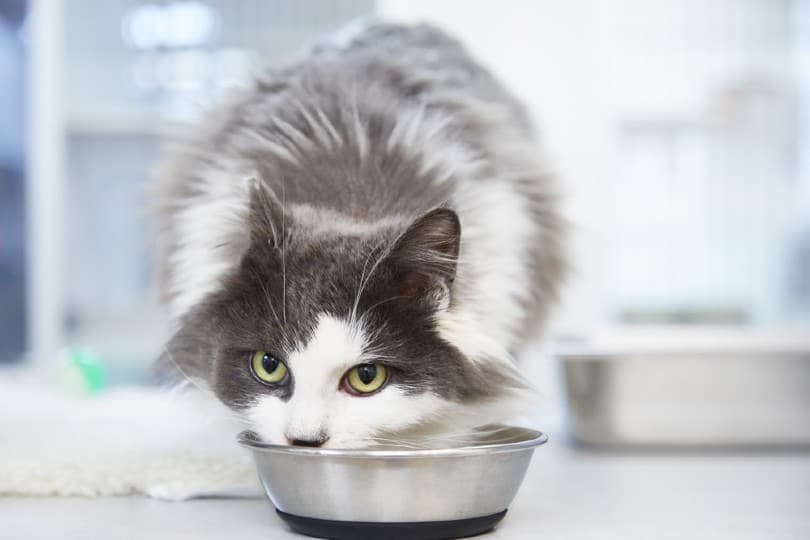
What Are the Signs of Horseradish Ingestion?
If your pet gets into some of the horseradish in your kitchen, there will be a few clinical signs for you to watch out for at home.
- Excessive drooling
- Foul breath
- Stomach upset
- Vomiting
- Diarrhea
- Irritation of the mouth and throat
These are the signs that your cat might exhibit if they managed to sneak a bit of your roast beef sandwich with horseradish sauce on it. While not toxic to your furry friend, you need to keep an eye on the cat should you notice any of the aforementioned problems, and if they get worse with time, make an appointment with your vet to be on the safe side.
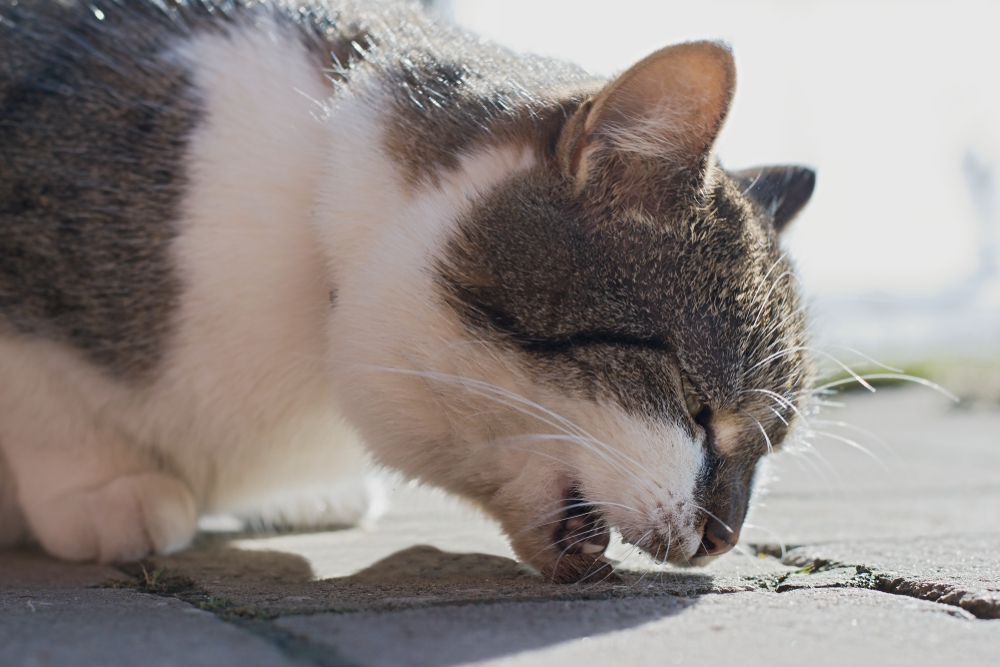
Can Horseradish Kill Your Cat?
While the ASPCA doesn’t list horseradish on its poisons list for cats, some experts say that the plant and leaves are toxic to cats. Given the lack of consensus and known anecdotes of cats developing issues post-horseradish ingestion, even if it won’t kill your cat, it is best to err on the side of caution and prevent your pet from eating it.
What to Do If Your Cat Eats Horseradish
As any pet parent would be, you’re probably concerned about what to do if your cat eats the horseradish in your kitchen.
The best thing to do is keep a close eye on your cat. Some mild signs that could occur are sneezing, itchiness, and hives if your cat happens to be allergic to the horseradish. If they have difficulty breathing, it’s imperative that you get your cat to a vet right away.
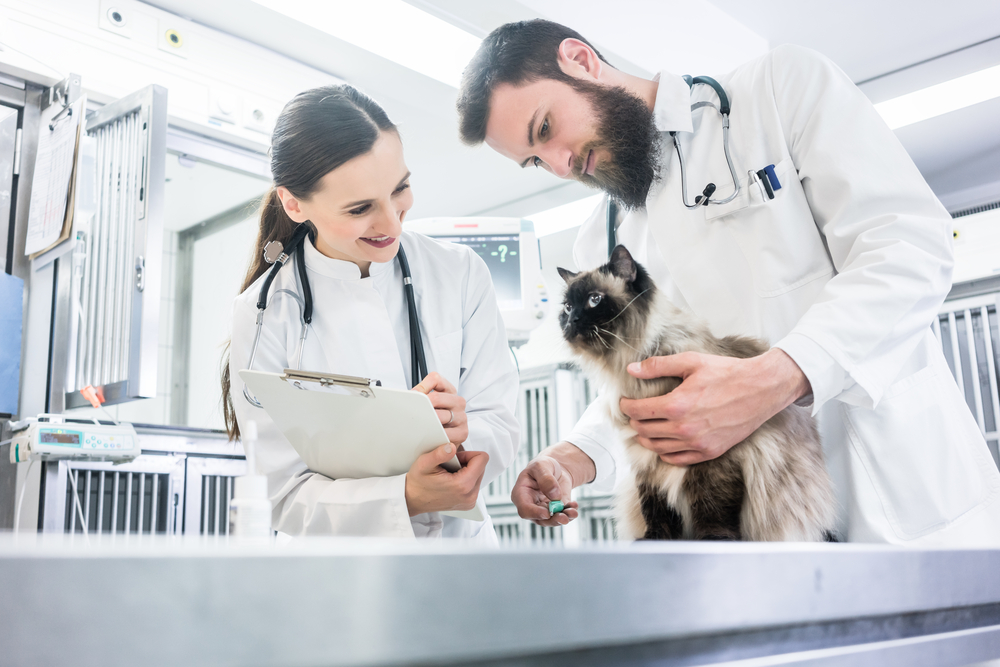
What Should a Cat’s Typical Diet Be?
The first thing you need to know about your cat is that they’re a carnivore. Cats are hunters, and they need meat in the form of protein in their diets to be healthy, happy, and loving.
It is harder for cats to digest anything that isn’t meat, including vegetables, fruits, and of course, horseradish. While humans benefit from eating horseradish, those same benefits don’t necessarily apply to our cats.
It’s best to feed your domesticated cat a diet rich in protein in the form of commercial food that contains all the nutrients, vitamins, and minerals the cat needs to be healthy. Horseradish is nowhere in those ingredients.
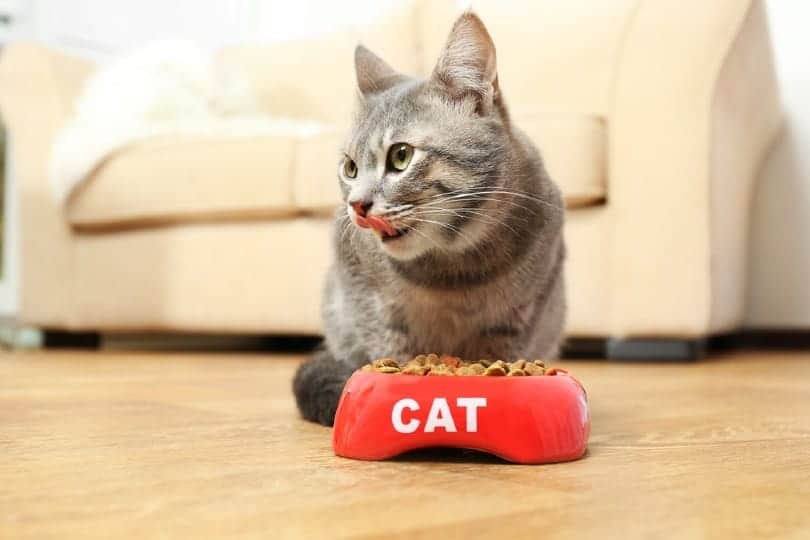

Final Thoughts
While horseradish won’t kill your cat and is not considered to be toxic by some experts, it’s best just to keep the horseradish away from your cat to be extra safe!



